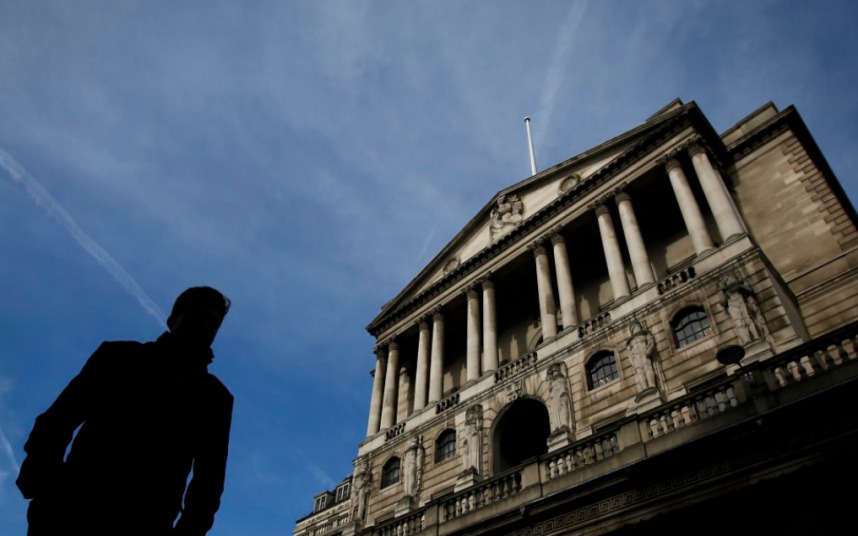The financial chaos predicted by the Remain side if Leave won the EU referendum has not, so far at least, come to pass. Instead, analysts now forecast that the Bank of England (BoE) will slash interest rates within the next few days after the latest figures showed that the UK economy slowed at the end of the second quarter.
Having remained at a record low of 0.5% since 2009, the consensus was that BoE would increase interest rates. But the UK’s decision to exit the EU last month and a slowing UK economy now means that the Bank is expected to cut interest rates.
Given that the economic outlook has deteriorated, there is mounting speculation that the base rate could be cut to 0.25% as soon as next week in a bid to improve confidence in the UK economy.
“We did not expect that [an interest rate cut] to occur until 2017,” said Brian Hilliard, an economist at French bank Societe Generale. “But things are moving more rapidly than we expected.”
Hilliard also believes that the Bank may opt to restart quantitative easing when it meets on 14 July, after Markit’s latest read on the health of the economy suggested growth had weakened to its slowest pace since early 2013 – just 0.2% in the second quarter of the year.
Chris Williamson, Markit’s chief economist, said: “A further slowing, and possible contraction, looks highly likely in coming months as a result of the uncertainty created by the EU referendum.”
Should rates be cut, there is every chance that mortgage borrowing costs will fall, which would be welcome news for many property investors.
“They [lenders] may even be keen to sustain current rates, or increase pricing in order to regain recent months’ lost margins,’ said David Whittaker, managing director of Mortgages for Business.
Nevertheless, there remains a very strong core of stable low loan to value lending to property investors, including landlords, which is unlikely to contribute to instability, according to Whittaker.
“The current regulatory regime adds to this strength,” he added.


